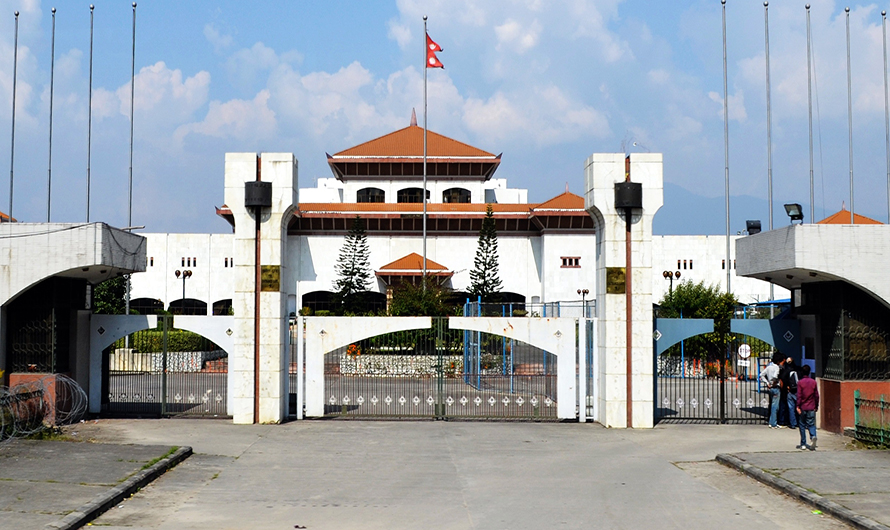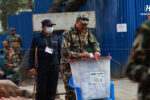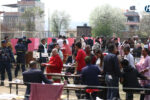KATHMANDU: Implementation of the constitutionally-guaranteed fundamental rights provisions has witnessed a challenge when the federal parliament delegated right to make law was not properly enforced.
It was highlighted in a research report presented by the Nepal Law Society with review whether or not the subject of delegated management in regard to the Compulsory and Free Education Act, 2075 BS has worked, where it worked, and what were the bottlenecks of implementation.
Former chairperson of Nepal Law Commission, Madhav Poudel said the promulgation of the Compulsory and Free Education Regulation after two years of the enforcement of its Act was an ample example as to how the delegated bill is being implemented in the country.
The Act was made embracing the spirit of making laws related to the fundamental rights within three years following the promulgation of the constitution, he said, adding but it was not maintained while introducing regulations.
“Moreover, ignorance in introducing working procedure within five years was a good example to know the status of the delegated legislation in regard to the implementation of the Compulsory and Free Education”, Poudel, also the former education minister, further said. It does not make any sense of promulgating the Act in a faster manner, he noted.
As a signatory of international treaties, Nepal has the obligation of implementing free and compulsory education as per the constitution. According to the Constitution, the local level has been entrusted with the responsibility for implementing compulsory and free education.
Education is one of the highest investment areas of the country. It has been widely criticized for not reaping benefits in proportion to the investment in this sector. The target of 97 percent enrollment in primary school has been achieved. The percentage has been limited to 25 percent when it reached at the level of SEE.
Against the national aspiration of the country, most of the schools, even community schools, have been annually receiving up to Rs 5,000 from guardians on different headings.
Parliament’s Legislative Management Committee member Dr Bimala Poudel said even the community schools are creating a financial burden to the guardians despite primary education being tagged as free in the country.
She recommended all local levels for developing and implementing an annual calendar so as to bring into effect the National Action Plan.
A system for the local levels to receive grants from the federal government in a proportion to the number of students would somehow resolve the problem, she added.
President of Delegated Legislation Management and Government Assurance Committee, Ramnarayan Bidari said the ill-tendency of using the parliament-delegated authority in an indirect manner has created discrepancies between the law and practice.
(Narayan Neupane /RSS)








Comment